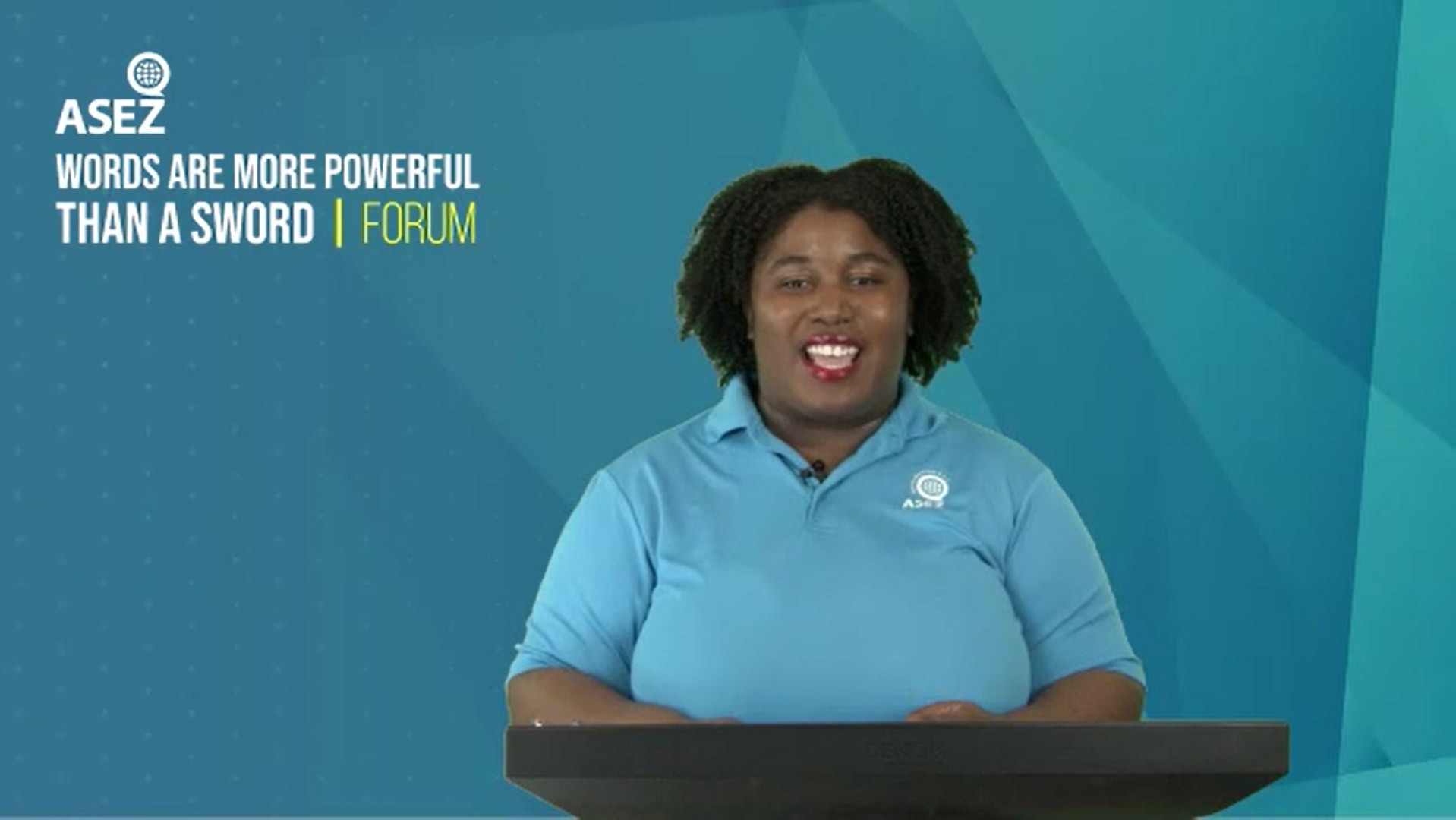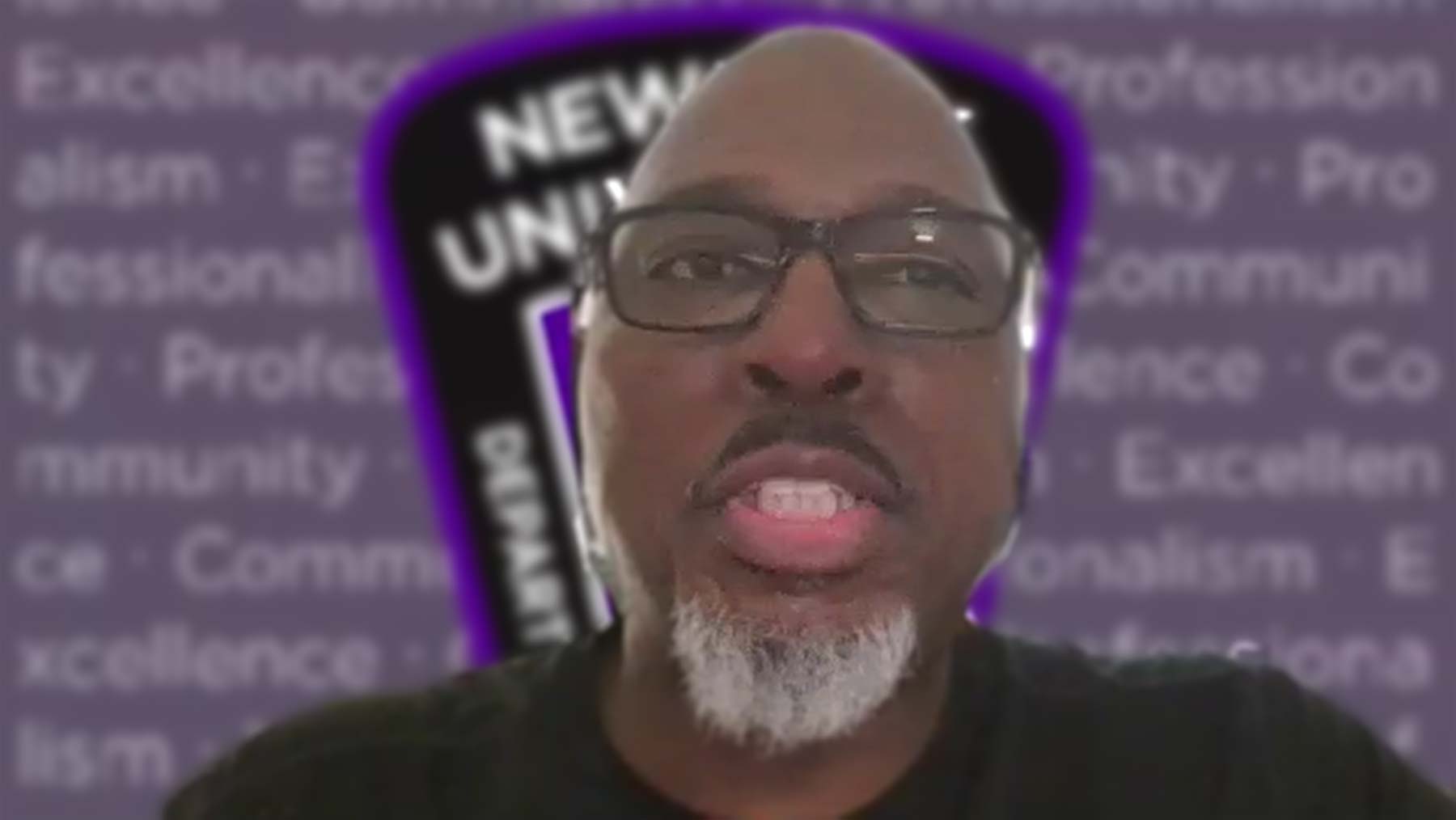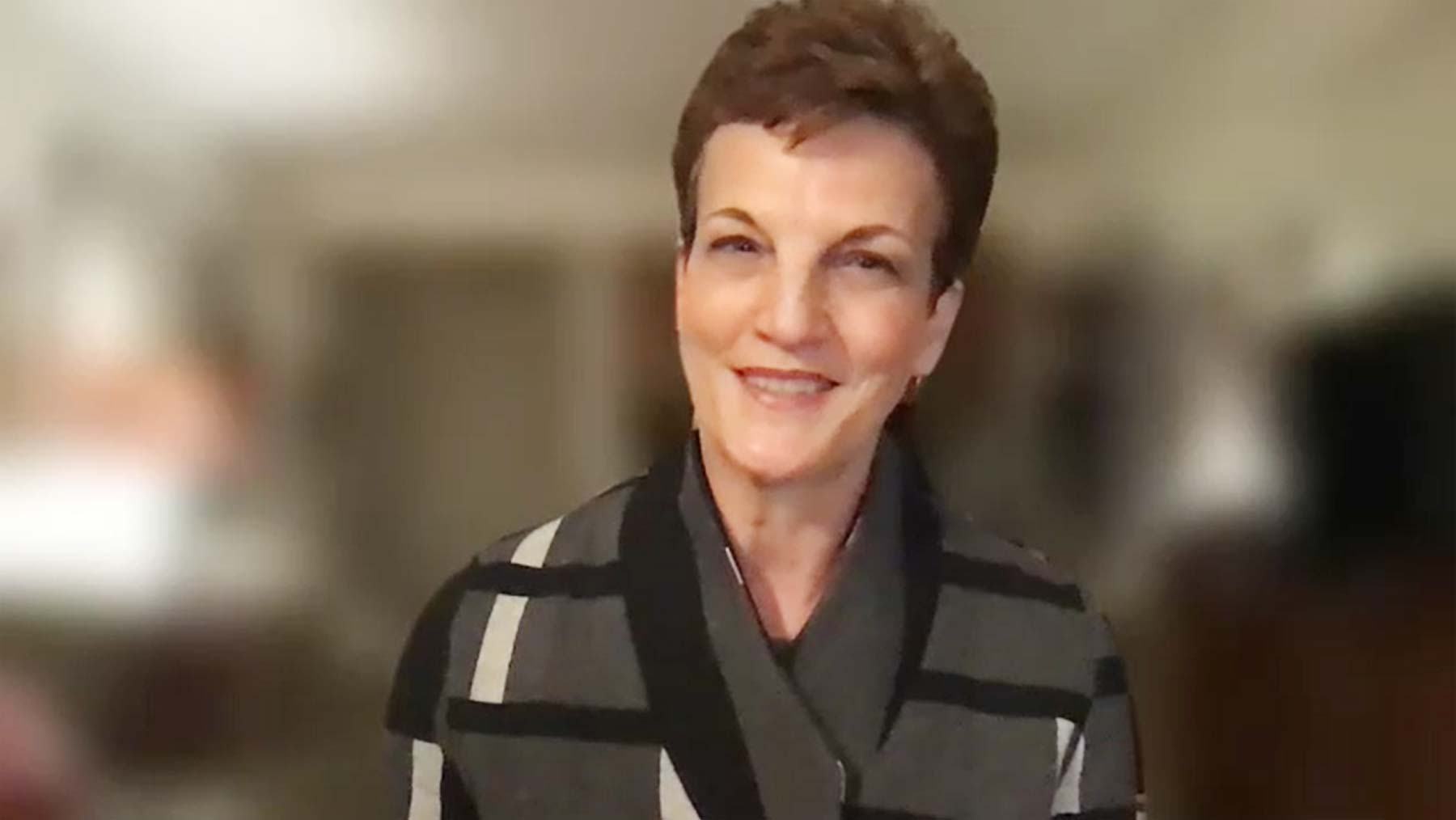Spending one-year battle with the COVID-19, the world has experienced uncertainty, uneasiness, sorrows, and defeats.
However, the solidarity that we are walking together gives us a new hope.


On March 10, 2021, ASEZ in New York held a panel discussion concerning words that can give hope to each other in daily life.
The panelists—Jennifer A. Scott, Professor at New York University; Dr. Lisa Son, Professor at Barnard College, Columbia University; the New York City Councilwoman, Vanessa L. Gibson; Mr. Fountain Walker who serves as the Vice President of Global Campus Safety at New York University—took part in this online discussion along with three hundred university students.
Dr. Lisa Son, Professor of Psychology at Barnard College, Columbia University, whose research is on human learning and memory and on metacognition, explained that self-esteem is the vehicle for the key human process, and that it is most impacted by words more than anything else in our lives. She explained that the key human processes that we need is curiosity, learning, debate, and tolerance, and added that these cannot be done without self-esteem.
Professor Son also mentioned the impostor syndrome. When we compliment others, it is almost directed at the end result, disregarding the process. However, that kind of compliment makes the person believe that result is all that matters, and creates a fear of success and of failure.




Jennifer A. Scott, Professor of Public Relations and Corporate Communication at New York University, recommended three solutions for the problems caused by a lack of care about words: acknowledge, apologize, and act. Acknowledge the harm he has caused, apologize for the harm, and take action to resolve the problem and ensure it does not occur again. She said that holding ourselves accountable for what we say is an important step in establishing a base of trust, and that requires action.
Mr. Fountain Walker, who serves as the Vice President of Global Campus Safety at New York University, reminded not only the importance of the words we speak, but also the importance of body language, which is an important vehicle in communication. Mr. Walker explained through some anecdotes, how a situation changed according to the body language that is used with respectful words to acknowledge a person as they are: human. He emphasized that as human beings, we are imperfect and lacking. Therefore, we should try all the more to be understanding and gracious towards one another.
Nathalie Ligonde, New York University graduate student and the event host, mentioned that when people think about abuse, they often picture a very physical and dramatic scene; no one really thinks that the words they speak can be abuse or even when they don’t speak, it can be abuse. It is important to be aware of this fact.”
Holy Name Medical Center School of Nursing student and the event host, Yerdeall Blanco said, “I realized that verbal abuse is something quite easy to fall into if we’re unaware. It reminded me to be mindful of everyone I communicate with.”
Inspired by the International Day of Non-Violence in October 2020, discussions and seminars are being carried out all over ASEZ branches. This led to continuous local support for college students, promoting that changing words in our daily life can be a part of the change that has to be made in this world. This is because many people are empathizing with the importance of words.
We all know how words have shaped human history and have given impact on it.
More than ever before, it is time to acknowledge each other in genuine support and care.
A change, which can positively impact the world, begins with our words.